Article
Federal Judge Sides with Louisiana and Mississippi to Protect Strong Accommodations for Pregnant Workers
A federal judge has sided with Louisiana Attorney General Liz Murrill and Mississippi Attorney General Lynn Fitch issuing a preliminary injunction against the Equal Employment Opportunity Commission’s (EEOC) attempt to hijack the protections of the Pregnant Workers Fairness Act. In May, the Attorneys General filed the complaint against the EEOC and their attempt to impose a national abortion regime.
“The District Court applied a common sense interpretation of the plain words of the Pregnant Workers Fairness Act. When this law was debated, members of Congress uniformly agreed it did not apply to abortion. The Biden Administration continues to re-write laws in ways Congress never intended, which violates the United States Constitution. We are grateful the District Court blocked the rule. I would specifically like to thank the hard work of my Solicitor General Ben Aguinaga and his team for their continued dedication and hard work defending Louisiana and the Constitution,” said Attorney General Liz Murrill.
“The Pregnant Workers Fairness Act is an important measure to support women in the workplace when they are pregnant and following childbirth. It is a shame that the Biden Administration is putting its single-minded drive to undo the Dobbs opinion and overrule the right of the people to make decisions about abortion policy above the needs of working women. We appreciate the court’s thoughtful opinion and look forward to working toward a commonsense implementation of the Act, which would accommodate pregnant women while respecting state laws to protect life,” said Attorney General Lynn Fitch.
In their suit, the Attorneys General explain how the Pregnant Workers Fairness Act fills a gap between the Pregnancy Discrimination Act, which prohibits workplace discrimination on the basis of pregnancy, childbirth, or related medical conditions; the Americans with Disabilities Act, which requires employers to offer affirmative accommodations to workers experiencing qualifying disabilities; and the Family and Medical Leave Act, which provides unpaid extended leave for a serious health condition, such as pregnancy or childbirth, for qualified employees.
“If Congress had intended to mandate that employers accommodate elective abortions under the PWFA, it would have spoken clearly when enacting the statute, particularly given the enormous social, religious, and political importance of the abortion issue in our nation at this time (and, indeed, over the past 50 years). The Court is therefore not persuaded, on the record before it, that Congress could reasonably be understood to have granted the EEOC the authority to interpret the scope of the PWFA in a way that imposes a nationwide mandate on both public and private employers – irrespective of applicable abortion-related state laws enacted in the wake of Dobbs – to provide workplace accommodation for the elective abortions of employees,” Judge David Joseph wrote in his order, granting the preliminary injunction.
During debate on the law, Senator Bob Casey (D-Pennsylvania) specifically rejected the position the EEOC has embraced in this rule when he stated, “under the Pregnant Workers Fairness Act, the [EEOC] could not – could not – issue any regulation that requires abortion leave, nor does the act permit the EEOC to require employers to provide abortions in violation of State law.”
The new law was supported by a broad coalition of organizations, including pro-life groups like the U.S. Conference of Catholic Bishops, which stated that the law would advance its “goal of ensuring that no woman ever feels forced to choose between her future and the life of her child while protecting the conscience rights and religious freedoms of employers.” The Conference of Catholic Bishops also sought and received an injunction.
The complaint was filed in the U.S. District Court for the Western District of Louisiana.
Files
- download PWFAPIRulingLouisianav.EEOC.pdf
